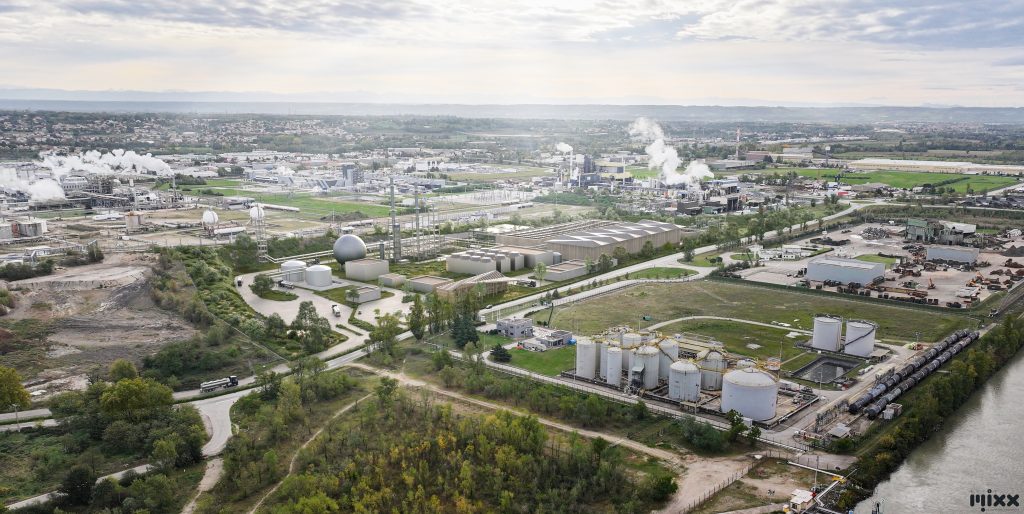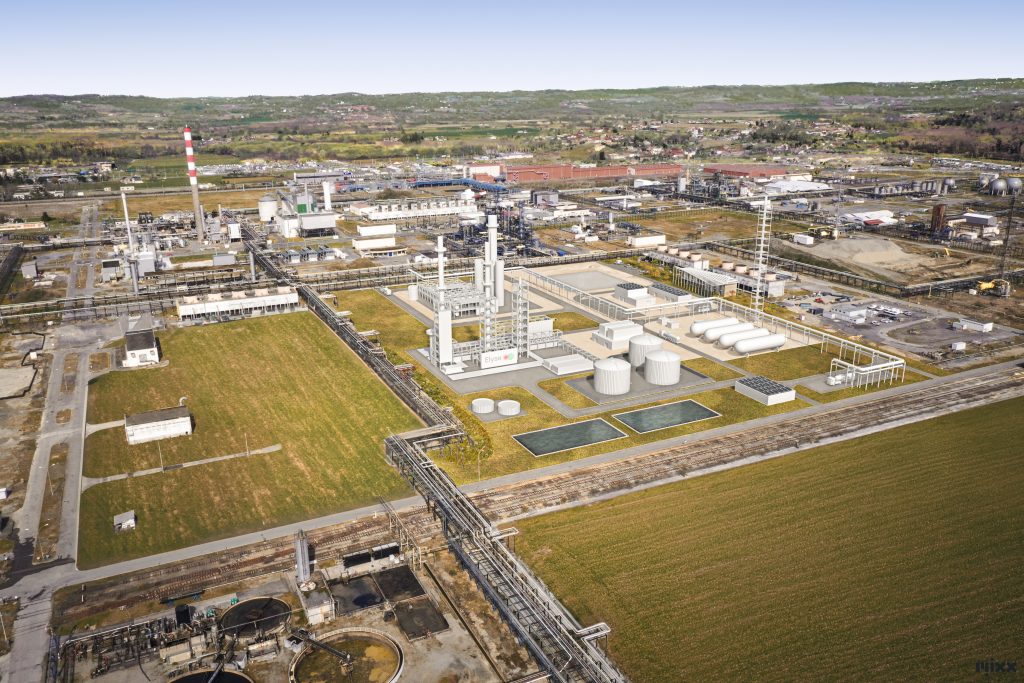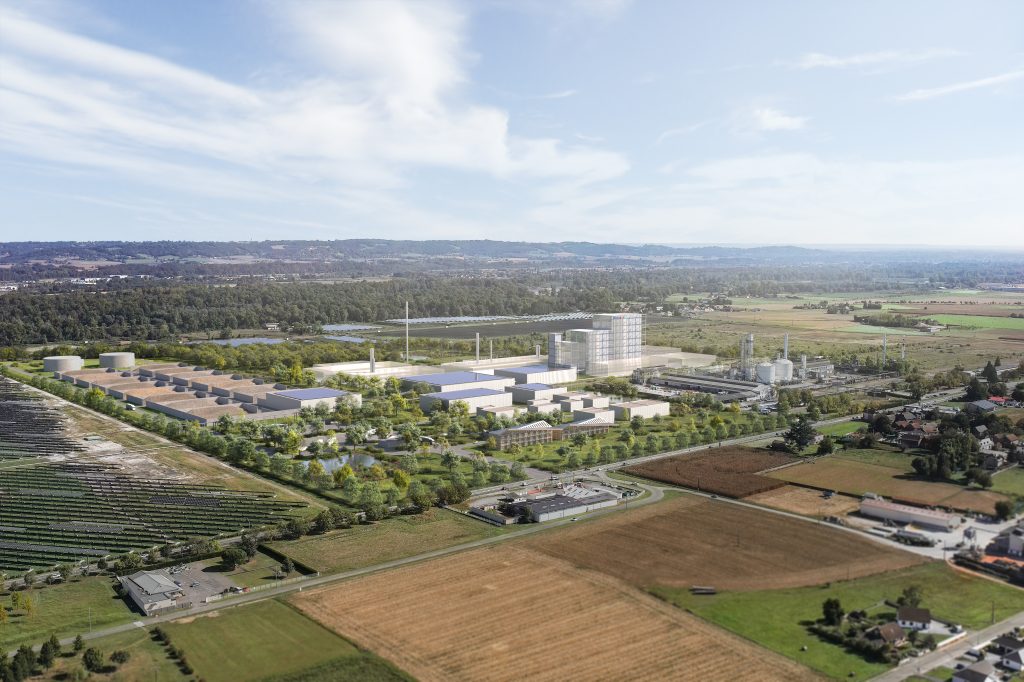
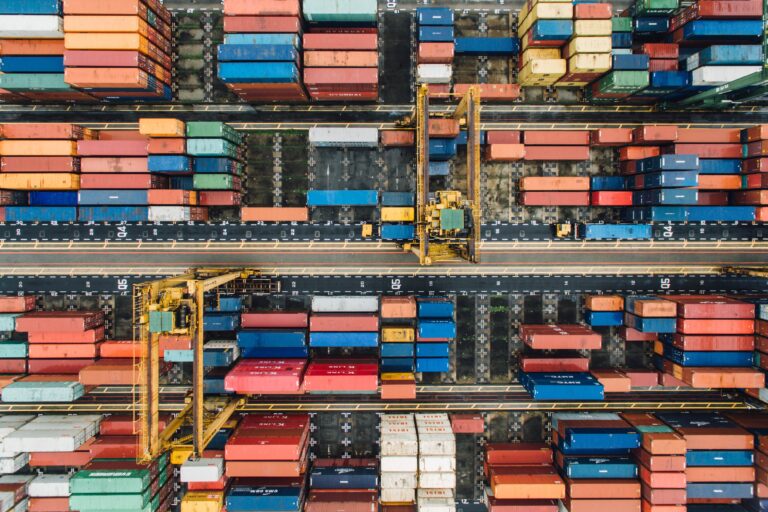
The shipping sector is at the heart of the modern economy, as it carries nearly 80% of global trade. Although it emits less greenhouse gas than its road and air alternatives per unit transported, the sector remains an important source of emissions with nearly 2.7% of the world’s CO2 emissions. Shipping is also responsible for a significant proportion of air pollutant emissions.
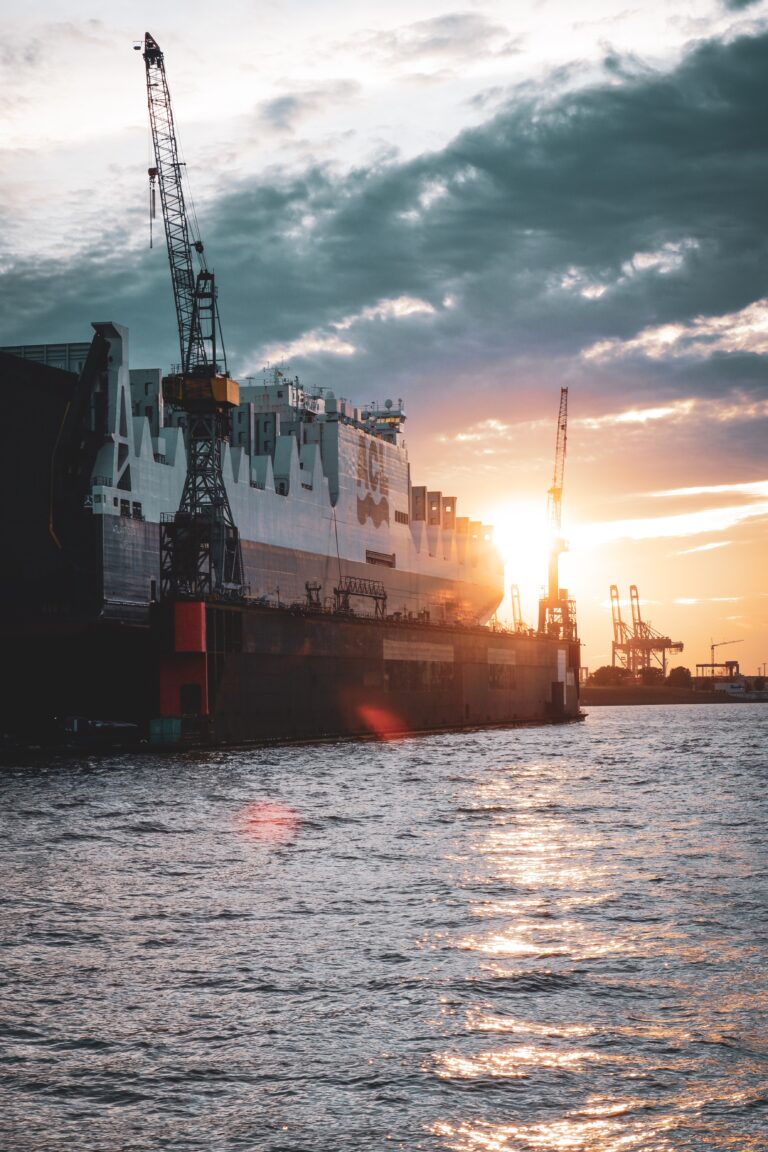
Despite a lower growth in greenhouse gas emissions than the global economy, the shipping sector remains under pressure to reduce its environmental impact. Under the auspices of the International Maritime Organisation, the sector has therefore committed to capping its emissions as quickly as possible, and to reducing them by at least 40% by 2030 compared with 2008. The industry has also undertaken to reduce sulphur oxide emissions with the entry into force of the MARPOL Convention in January 2020, and the extension of nitrogen oxide emission control areas. In Europe, shipping for vessels of more than 5,000t will also join the emissions trading scheme in 2024, and will be subject to the carbon market, with no free allowances, from 2025.
In this context, shipping companies have made real efforts in recent years to improve the operational efficiency of their vessels. They have also deployed exhaust gas purification systems and changed their fuel supply for products with a lower sulphur and carbon content such as liquefied natural gas. However, the CO2 emission reduction target will not be achieved without the strong adoption of low-carbon fuels: biofuels, green hydrogen, bio-LNG, ammonia, or low-carbon methanol.
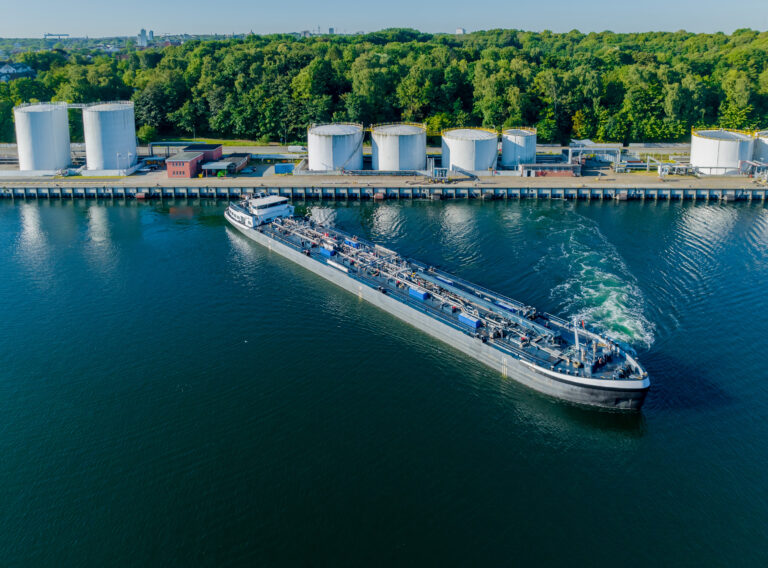
Methanol as an alternative fuel is gaining traction, with more than 100 ships having been ordered at the beginning of 2023. With 48% of container ship orders in the second half of 2022, and 62% in the first quarter of 2023, methanol dual-fuel vessels are becoming predominant in fleets orderbooks. Major shippers such as CMA-CGM, Maersk or Proman Stena Bulk, as well as cruise liners such as Norwegian Cruise Line or ferry operators such as Stena, are expecting deliveries between 2025 and 2027, for an additional global need for low-carbon methanol of more than 5 million tonnes per year.
With its eM-France and eM-Iberica programmes, in particular the NeoCarb project in Fos-sur-Mer, Elyse Energy is at the heart of this new ecosystem. Its production units will make it possible to produce e-methanol that is compatible with the players’ requirements and in keeping with their expectations.
We develop, finance, build and operate low-carbon molecule production plants in France and in the iberian peninsula. Discover our projects !
